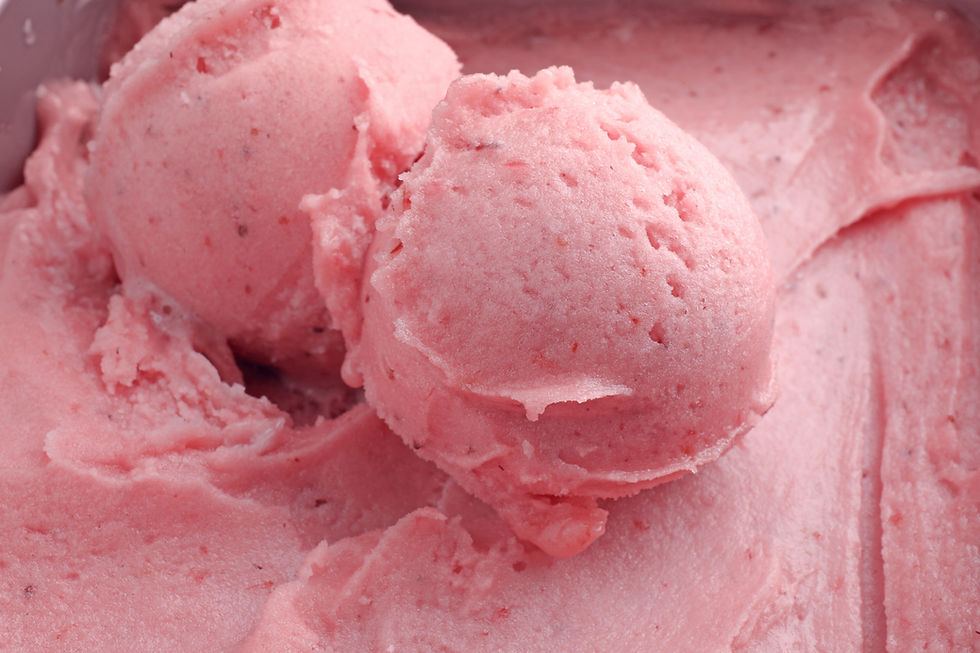Blood Pressure Awareness Month
- May 2, 2022
- 3 min read
High blood pressure is one of the leading causes of chronic kidney disease. You likely know the term blood pressure, and have it measured at your doctor’s office. So, you know it has something to do with your health, but what exactly is blood pressure and why is keeping it in check so important?
Blood pressure is the pressure applied to the walls of your arteries and veins by the blood circulating inside of them. Blood pressure is measured by two values your systolic number (the amount of pressure in the arteries when the heart contracts) and the diastolic number (the pressure in-between heart beats). When you see a reading that is 120/80 (120 over 80) that is the value of your systolic pressure/diastolic pressure (systolic over diastolic pressure).
Your blood pressure is regulated by the sympathetic division of your nervous system and by your kidneys. When the body needs to raise blood pressure the sympathetic division of your nervous system simulates your adrenal glands to release the hormones epinephrine and norepinephrine to send a message to your heart. These hormone messengers let your heart know that it needs to beat faster and with more force so that some of your veins constrict (shrink) and some dilate (open) in the area(s) where more blood is needed. The sympathetic division also stimulates your kidneys to reduce the amount of sodium and water removed from the body so that there can be a higher amount (or volume) of blood in the veins. The kidneys additionally respond to when there is too much blood pressure by increasing the elimination of sodium and water from your body so that blood volume lowers allowing your blood pressure to return to its normal level.
Chronic high blood pressure occurs in 75 million Americans and can disproportionally effect persons of color at higher amounts than in Caucasians. Causes include older age, family history and genetics, lifestyle habits (like too few fruits and vegetables, not enough exercise, too much alcohol, not enough sleep, smoking, and taking illegal drugs), medications, medical conditions (like certain tumors, chronic kidney disease, metabolic syndrome, overweight and obesity, sleep apnea, and thyroid problems), race or ethnicity, sex, and social and economic factors.
You can prevent and treat high blood pressure by:
Choosing foods that are low in sodium and rich in potassium and magnesium. These foods include fruits, vegetables, nuts, seeds, legumes, beans, whole grains, dairy, and lean animal proteins. Check out the DASH diet for more tips!
Get in regular physical activity and work up to exercising 150 minutes/week.
Aim for a weight that is healthiest for you.
Do not smoke and quit if you do.
Find ways to reduce stress since it can stimulate your fight or flight response and increase your blood pressure.
Make sure you are getting good quality sleep between 7 – 9 hours each night.
Add flavor without adding sodium!
Seasoning Mix for Chicken
You can use this seasoning mix for baked chicken. Dip chicken breast in lightly beaten eggs, then dip in seasoning mix before transferring to a baking dish to bake.
Makes 3 cups.
Ingredients
1½ cups dry plain bread crumbs
1 cup flour
1 TBSP paprika
1 TBSP onion powder
½ tsp garlic powder
1 tsp pepper
6 TBSP corn meal
Directions
Combine bread crumbs and seasonings.
In a blender or food processor, whirl to a powder 1/4 cup at a time. Pour into mixing bowl; mix in cornmeal.
Pour mix into jar and cover tightly for use at a later date.





Comments